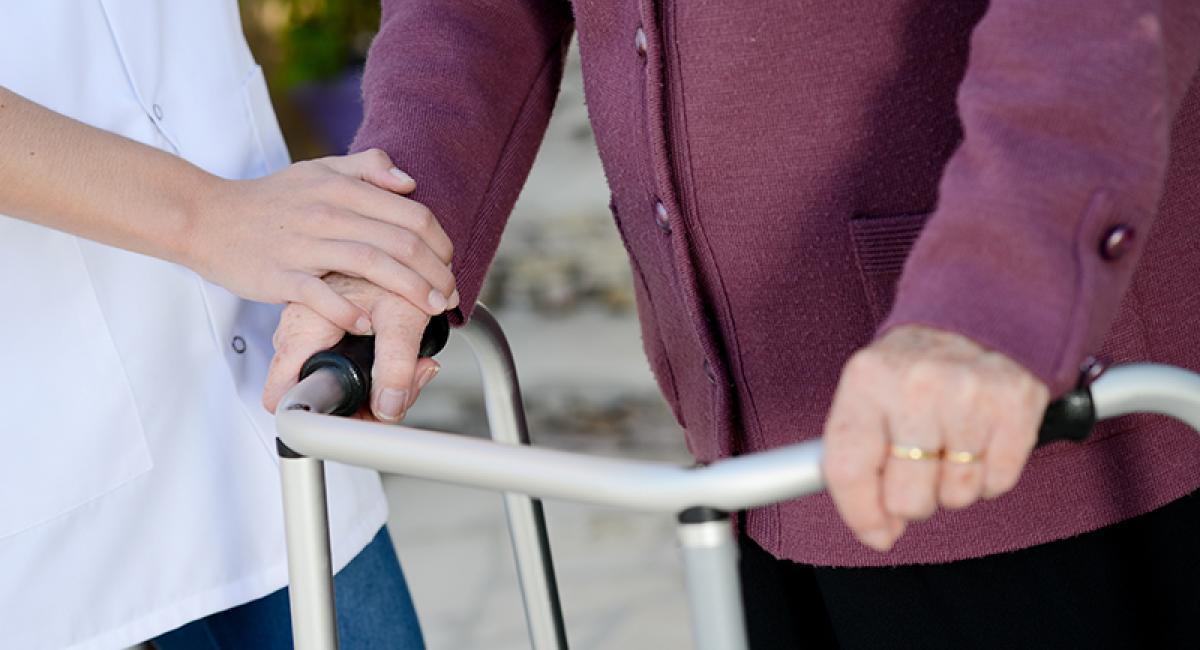
Literature study shows: Little is known in Europe about payments to doctors by the medical device industry
In recent years, there have been regular (media) reports about (undesirable) financial relationships between healthcare professionals and the industry within the medical device sector in the Netherlands. A broader and scientific insight on such financial relationships is lacking for the Netherlands and Europe. Studies from the United States did document payments from the medical device industry to doctors. This follows from an exploratory literature study conducted by Nivel on behalf of the Dutch Health and Youth Care Inspectorate.
Contrary to the pharmaceutical sector, little is known about the financial relationships between doctors and industry in the medical device sector in Europe. These financial relationships may intent to influence healthcare professionals in their choice for and use of medical devices. This is also known as inducement and strict legal rules exist to manage this. The Dutch Health and Youth Care Inspectorate asked Nivel to conduct an exploratory literature study on inducement in the medical device sector.
Payments from the medical device industry exceed pharmaceutical industry payments
In the United States, manufacturers of medical devices pay substantial amounts to individual doctors. According to some studies, the total payments to doctors by the medical device industry even exceed payments from the pharmaceutical industry. Notably, high payments from the device industry were often in the form of royalties, licensing, and ownership and investments.
Inequality in payments to doctors
U.S. studies indicate that some medical specialties receive many and substantial payments from the medical device industry, while others, often non-surgical specialties, receive much less and lower payments. There is also significant inequality within specialties, with a small group receiving the bulk of money, while a large part receives little or minimal payments.
Limited understanding of the impact of industry payments on healthcare
A few studies show that financial relationships between physicians and industry are associated with device selection and utilization. Whether this has impact on the quality of healthcare could not be determined.
Compliance with codes of conduct often relies on self-regulation
Both doctors and industry acknowledge that industry-doctor relationships are important, but at the same time they recognize it can be vulnerable to risks of undesired influence. This follows from some codes of conduct and normative statements from associations of medical professions and the medical device industry. Compliance with the codes is primarily based on self-regulation, which can foster a sense of non-binding commitment. It is further noteworthy that payments in the form of royalties, licensing, and investment are often not explicitly or only limitedly addressed in the Dutch code.
A thorough register on industry payments for the medical device sector may prevent risks
In the United States, the registration of financial relationships between the medical device sector and doctors is legally mandatory. The U.S. register provided data that enabled scientific research. Such data is lacking for the Netherlands or at the European level. A well-functioning register, where payments must be reported, contributes to greater transparency about received payments and, as a result, may help the enforcement of legal rules with regard to inducement. It is important, however, that such a register is designed in a way that meaningful information can easily be derived.
About the study
Nivel conducted an exploratory literature study. Of more than 2,700 scientific articles found, 25 scientific publications were included and analyzed. Four non-scientific publications were also included in the analysis. The research was conducted on behalf of the Health and Youth Care Inspectorate.
